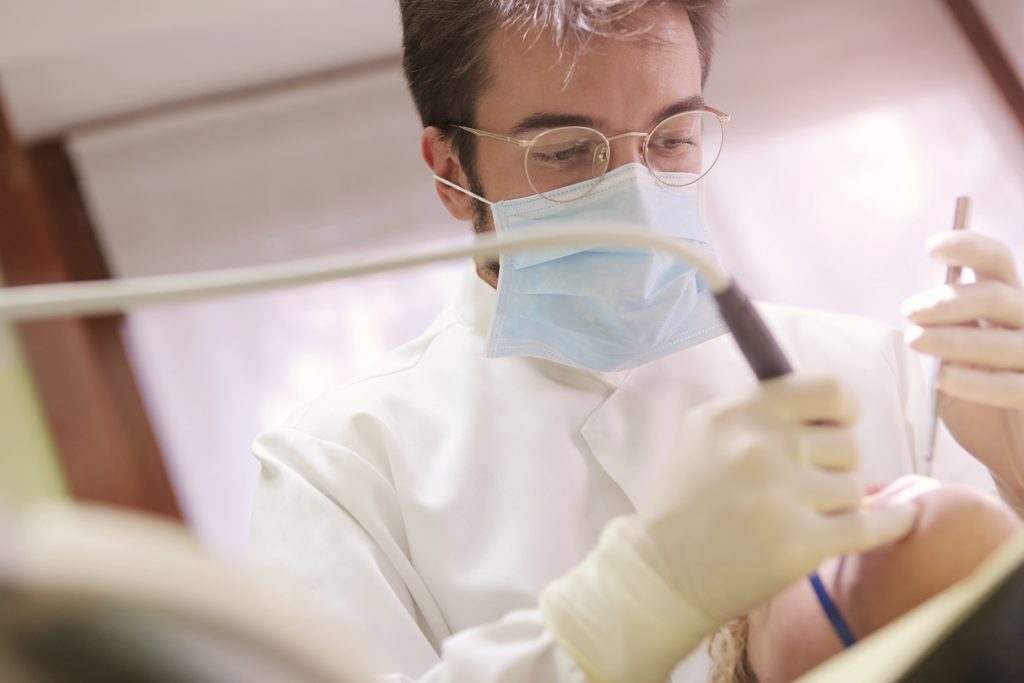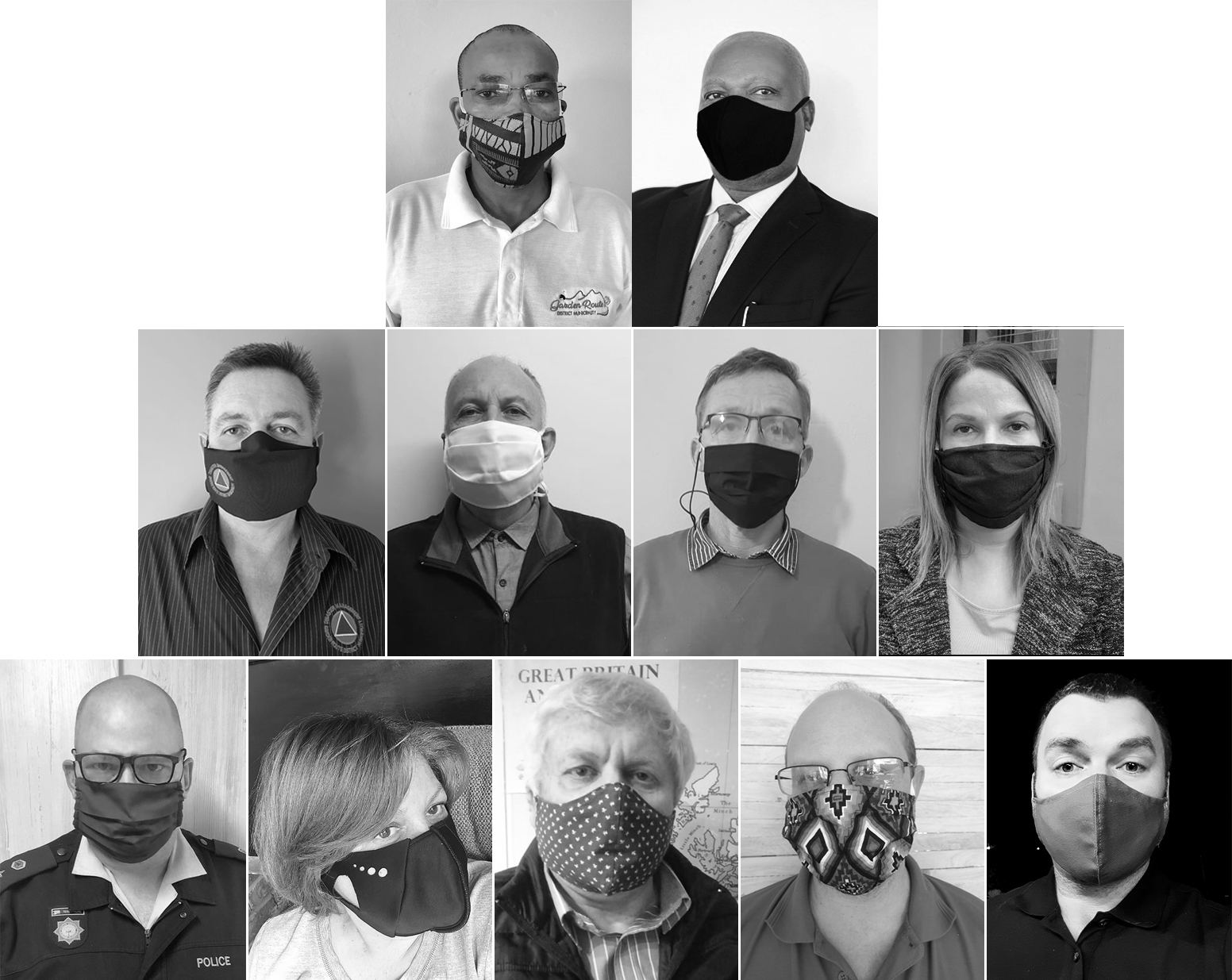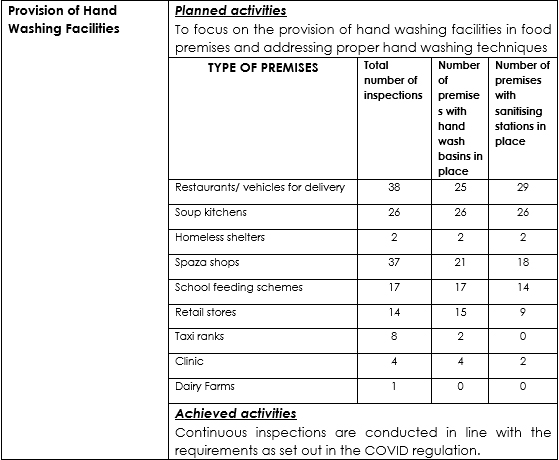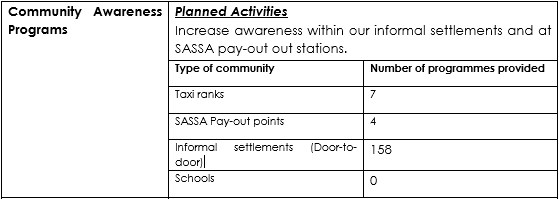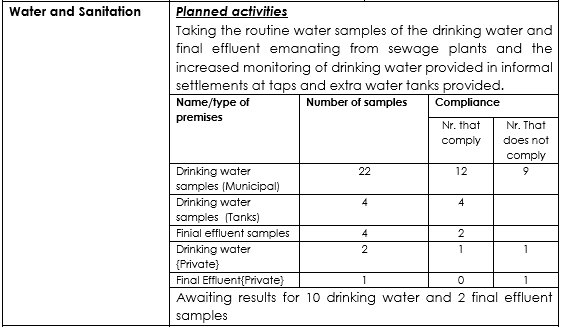Media Release: Draft electricity regulations need speed and clarity
MEDIA RELEASE BY DAVID MAYNIER
WESTERN CAPE MINISTER OF FINANCE AND ECONOMIC OPPORTUNITIES
Date: 07 June 2020
Release: Immediately
Draft electricity regulations need speed and clarity
Last week I submitted comments on behalf of the Western Cape Government in response to the Minister of Mineral Resources and Energy, Gwede Mantashe’s draft amendments to electricity regulations to allow for municipalities to establish their own electricity generation capacity.
While we support the intent of these regulations, the proposed amendments and lead times to the development of new generation capacity don’t go far enough to address the electricity crisis that South Africa may soon again be facing. They also don’t provide the regulatory certainty needed to rapidly and significantly increase generation capacity outside of Eskom by municipalities through the procurement or development of their own power generation.
Some of our comments regarding the draft amendments to the electricity regulations included the following concerns:
- They are not clear as to how provision will be made for municipalities to specifically procure electricity
- They require municipalities to apply directly to the Minister to establish new generation capacity, the process of which may create further unnecessary delays and arguably erodes the independence of the regulator in the process
- They might be in conflict with other legislation and create a regulatory barrier to implementation, which would further slowdown the process
As we move to re-open the economy safely and responsibly, an increase in manufacturing coupled with higher than usual residential consumption in winter will certainly see an increase in pressure on Eskom’s ability to provide adequate electricity with associated risks of further load-shedding. Furthermore, Eskom’s alleged emissions contraventions may put additional strain on available capacity should non-compliant units be forced to shut down.
Businesses in the Western Cape are already hard-hit by the Covid-19 pandemic and the resultant health and economic crisis. Add to this an electricity crisis, and this will certainly be the final blow for many businesses already on the precipice of closure, resulting in further job losses in the Western Cape. While Eskom have assured us there will be minimal load-shedding in June, largely due to slower than expected increase in demand as the restrictions on the economy eases, the electricity crisis is not behind us. Allowing new generation capacity to come online as soon as possible is critical to an energy secure future.
Centralised electricity structures and Eskom’s dominance on electricity generation and supply in South Africa limits what a provincial or local government can do when confronted with load-shedding. While we have worked hard to identify innovative ways to lessen its impact, provide certainty for business, and ultimately ensure continued economic growth in this province, urgent action is needed by national government to fast-track new generation capacity procurement both at national and municipal levels to avoid a return to the severe and frequent loads-shedding we experienced over the summer of 2019.
We strongly support a policy and regulatory environment in which municipalities that have a sound financial standing, and the capacity and technical expertise to acquire new generation capacity, are supported and enabled to do so.
This will also allow for greater diversity, increased energy resilience and increased investment in energy infrastructure (specifically renewable energy) that will contribute towards a more sustainable and reliable energy supply in the country. In many cases, the municipalities that are in a position to acquire new generation capacity are also those that have made strong international commitments to reduce their greenhouse gas emissions and associated carbon footprint. By allowing municipalities to invest in renewable and other alternative energy sources, they can contribute to South Africa’s commitments in terms of the Paris Agreement.
Over the past decade the Western Cape Government, working closely with the City of Cape Town and other municipalities in the province, have supported the development of the green economy. We have been working to establish an enabling environment for investment in renewable and sustainable energy through partnerships with agencies such as GreenCape and Wesgro.
I am committed to continued engagements with all stakeholder to drive energy resilience so that those businesses who are able to open safely and responsibly, remain open for business and together we can continue to grow the economy and create jobs in the Western Cape.
Notes for media:
- To view the statement online visit: https://www.westerncape.gov.za/news/draft-electricity-regulations-need-speed-and-clarity
Media Queries:
Francine Higham
Spokesperson for the Provincial Minister of Finance and Economic Opportunities
(Responsible for the Provincial Treasury and the Department of Economic Development and Tourism)
Cell: 071 087 5150 / Email: francine.higham@westerncape.gov.za




